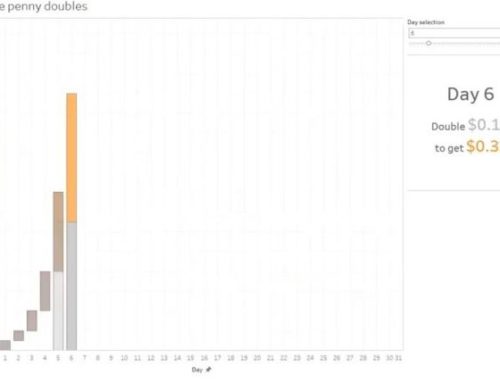Overview
I really am not “out to get” Texas. Yes, I have previously published a visual study tracking STDs, HIV, and AIDS in Texas, which in turn led to some blog posts on the subject, but one of the main reasons for focusing on Texas was that the data I needed were readily available and that was not the case with many other states.
So, in my most recent visual study on Foster Care placement I looked at data from all 50 states. I really wasn’t even going to look at Texas, but something unexpected just bubbled to the top (or to be accurate, plummeted to the bottom) when I looked at one very important finding.
Let me explain.
The main focus of the study was to compare states that placed children in kinship foster care (i.e., placement with a member of the child’s extended family) with states that placed children in congregate care (i.e., placement in a group home or institution). The National Coalition for Child Protection Reform maintains that kinship care is the least harmful form of foster care while congregate care is the most harmful.
For the record, Texas ranks 13th for kinship care and 24th for congregate care (where being ranked high in kinship care is good but congregate care is bad.)
So, what’s the problem with Texas?
Perhaps more important than the issue of kinship vs. congregate care is whether or not states are needlessly placing children in any form of foster care.
For the last two years for which data is available, the number children placed in foster care decreased in 35 of 50 states. And if we exclude Texas from our analysis, the overall number of cases for the other 49 states decreased by 3.9%.
And Texas? The overall number of cases increased by 9.6% giving Texas the bottom spot on the list.
So, whether it’s STD cases or foster care placement, the old adage seems to apply…
… everything is bigger in Texas.
Note: Click here to interact with the data.









